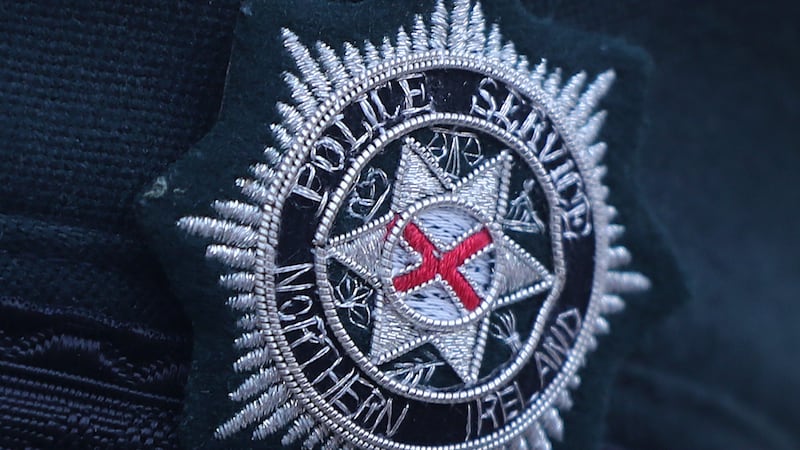A Co Tyrone woman facing paramilitary charges has been described in court as a "leading member of the New IRA''.
The allegation was made as Sharon Jordan mounted a fresh bid to be released from custody after previous attempts to secure bail were rejected.
Jordan (48), of Cappagh Road, Dungannon, has been on remand in Hydebank prison since August 2020 charged with directing terrorism, belonging to a proscribed organisation, namely the IRA, and two counts of preparation of acts of terrorism.
The mother-of-three was one of 10 people arrested as part of a joint surveillance operation codenamed 'Operation Arbacia' between the PSNI's Terrorism Investigation Unit and MI5 which involved the bugging of two properties in Co Tyrone and one in Scotland.
The case centres on audio and video recordings from properties in Sixmilecross and Omagh in February and July 2020.
A prosecution lawyer told the High Court in Belfast on Monday that Jordan had attended both properties and also spoke during the course of those meetings.
She said that during the meetings those present discussed targets, weaponry, finances and recruitment along with forging international relations.
Opposing the bail application, the prosecutor said there was a risk of flight, there was a risk of reoffending and the defendant had a previous related conviction.
The prosecutor said Jordan was regarded as "one of the leading members of the New IRA leadership, she has a leadership role and she is on the army executive''.
"The prosecution have made the case abundantly clear up to this point that from the transcripts these are meetings of the army executive and those present are referred to as the 'middle leadership'," they said.
Defence barrister Joe Brolly dismissed the secretly bugged meetings as no more than "talking shops''.
He said Jordan had been in custody for more than three years and it would be at least 2025 before a trial could take place, "by which time this applicant would have spent five years plus on remand awaiting trial''.
As well as highlighting the delay in the case, the defence barrister said the prosecution faced evidential difficulties in proving its case against Jordan, and it wasn't a serious threat from a terrorist organisation as this did not bear scrutiny from the transcripts of the meetings, describing some of the conversations as "risible''.
The court heard the defendant's family and friends had raised a total of £15,000 in sureties to secure her release to live with her father if granted bail.
Mr Justice Colton said he had a lot of material to consider and would give his ruling on the bail application by the end of this week.


